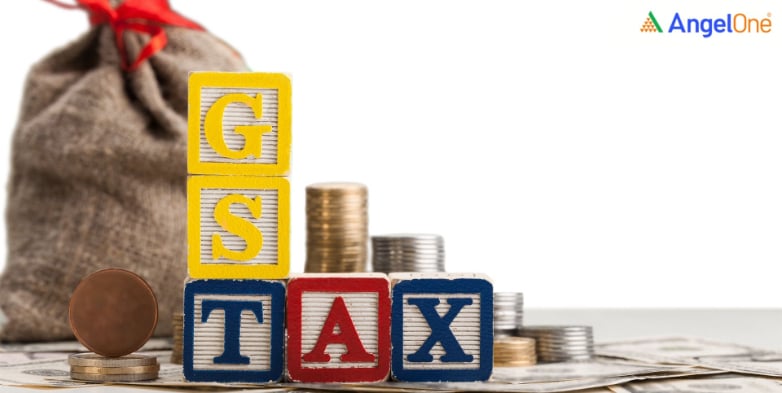
The Finance Bill 2026 is expected to introduce significant changes to the Goods and Services Tax (GST) law, with an aim to simplify regulatory processes, improve cash flows, and support businesses with fast-track registrations and automated refund mechanisms.
The upcoming Finance Bill will make way for two key reforms in the GST processes. A risk-based fast-track GST registration system is being introduced, allowing approval within 3 working days after Aadhaar or PAN verification for low-risk entities.
In parallel, a mechanism for automatic 90% refund of eligible input tax credit under the inverted duty structure (IDS) has been announced, streamlining fund disbursement for industries affected by credit accumulation.
Effective from November 1, 2025, the government rolled out a fast-track GST registration facility, which now awaits formal legal backing via the Finance Bill. Applicants identified as low-risk using data analytics are granted approval within 3 working days following identity verification.
This move is part of India’s broader push towards faceless, system-driven governance and aims to ease the compliance burden on startups and small businesses while increasing scrutiny for high-risk entities.
To improve liquidity, the Finance Bill will empower tax systems to process 90% of refund claims related to IDS upfront, using automated risk assessment, while the remaining 10% will undergo post-verification. This change directly addresses long-standing concerns from sectors like textiles, footwear, and fertilisers, where refund delays disrupt working capital management.
Read More: Small Businesses to Get GST Registration in 3 Working Days: What You Need to Know?!
The IDS occurs when the GST on inputs exceeds that on outputs, leading to locked input tax credits. Currently, such refunds require manual verification, which takes weeks or even months. The proposed automation aims to unlock capital faster and support manufacturing and export-led sectors more efficiently.
The Finance Bill 2026 aims to usher in a more efficient and technology-driven GST regime. By enabling quicker registration and automated refunds, it promises enhanced ease of doing business and reduced compliance bottlenecks, especially for small and mid-sized enterprises.
Disclaimer: This blog has been written exclusively for educational purposes. The securities or companies mentioned are only examples and not recommendations. This does not constitute a personal recommendation or investment advice. It does not aim to influence any individual or entity to make investment decisions. Recipients should conduct their own research and assessments to form an independent opinion about investment decisions.
Investments in securities are subject to market risks. Read all related documents carefully before investing.
Published on: Nov 8, 2025, 11:15 AM IST

Team Angel One
We're Live on WhatsApp! Join our channel for market insights & updates